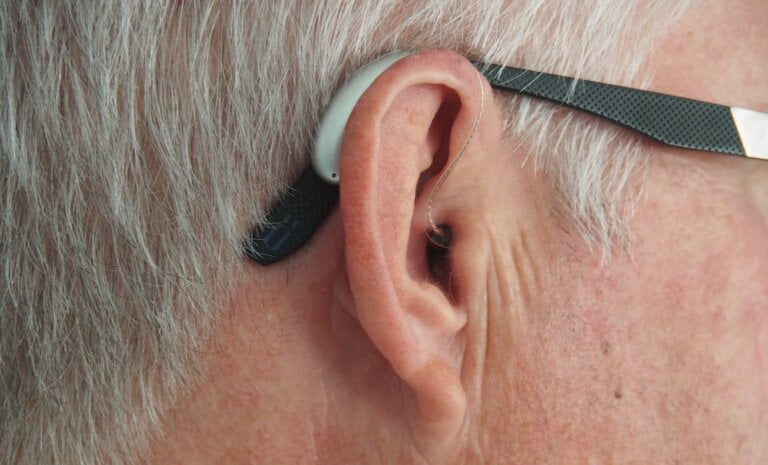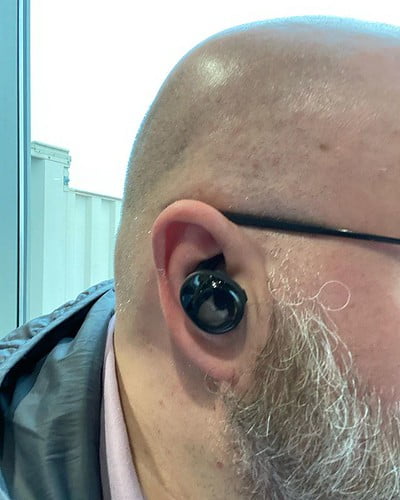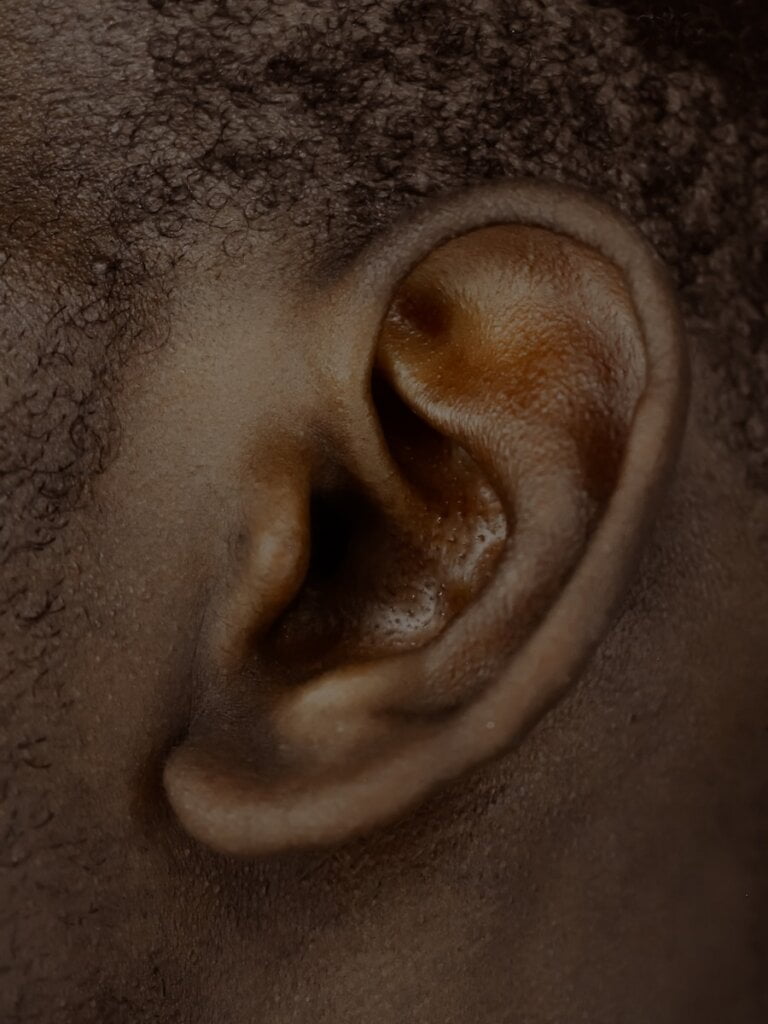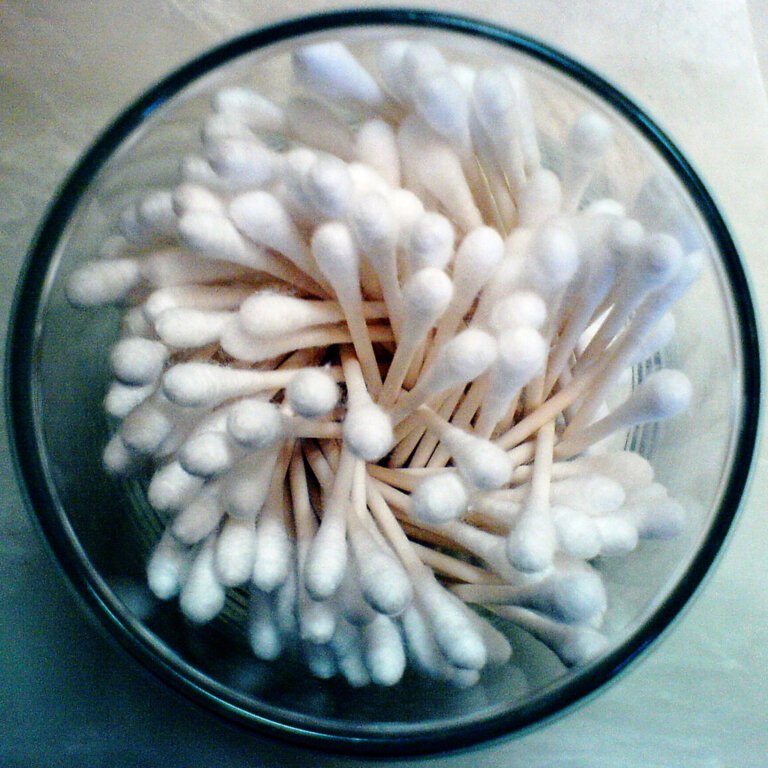The Right Removal Method: Weighing the Pros and Cons of Microsuction and Manual Instrument Ear Wax Removal
Last Updated on 3rd May 2024 by Admin
When it comes to earwax removal, finding the right method is crucial for maintaining good ear health. Two common techniques used by professionals are microsuction and manual removal. Each method has its own set of advantages and disadvantages. In this article, we will delve into the details of these techniques to help you make an informed decision about the right removal method for you.
Microsuction: A Technologically Advanced Approach
Microsuction is a modern and innovative method of removing earwax. It involves using a low-pressure suction device to gently extract wax from the ear canal. The use of a special microscope or loupes during the procedure provides several key advantages:
1. Safety and Precision
One of the biggest advantages of microsuction is its safety and precision. The procedure is performed under direct visualization using a special microscope or loupes. This allows the healthcare professional to have a clear view of the ear canal throughout the process, minimizing the risk of injury. With a precise view, the professional can ensure that only the wax is being removed without causing any harm to the delicate structures of the ear.
2. Suitable for Various Ear Conditions
Microsuction is suitable for a wide range of ear conditions, including impacted wax, foreign objects, and otitis externa. It is a versatile method that can be used on individuals of all ages, from children to older adults. Whether you have a stubborn wax blockage or a foreign object lodged in your ear, microsuction can effectively address these issues.
3. Quick and Effective
Due to its precision, microsuction is considered a quick and effective method of earwax removal. It can efficiently remove large amounts of wax in a single session, providing immediate relief to the patient. This means that you won’t have to endure multiple appointments or prolonged discomfort. Microsuction offers a rapid solution to your earwax problems.
However, like any medical procedure, microsuction also has some limitations and potential drawbacks. Here are a few points to consider:
1. Specialist Equipment and Training
Microsuction requires specialized equipment, such as a suction device and a microscope or loupes. Healthcare professionals need proper training and experience to perform the procedure safely and effectively. This means that microsuction may not be widely available in all healthcare settings. It is important to ensure that you seek out a qualified professional who has the necessary equipment and expertise to carry out microsuction.
2. Potential Discomfort
While microsuction is generally well-tolerated, some individuals may experience minimal discomfort during the procedure. It is important to communicate any discomfort to the healthcare professional performing the procedure, so appropriate adjustments can be made. Your comfort should always be a priority, and the professional will make sure to address any discomfort you may experience.
3. Cost
Due to the specialized equipment and training required, microsuction may be more expensive compared to other methods of earwax removal. It is essential to check with healthcare providers about the cost and availability of microsuction in your area. Insurance coverage for microsuction may vary, so it is important to inquire about potential reimbursement options.
Now, let’s explore the alternative method of manual removal.
Manual Removal: Traditional and Widely Used
Manual removal, also known as ear syringing or irrigation, is a traditional method of removing earwax. It involves flushing the ear canal with warm water or saline solution to dislodge and remove the wax. Here are some advantages of manual removal:
1. Accessibility
Manual removal is a widely available method, and many healthcare providers offer it as a routine procedure. It can be performed in various healthcare settings, including clinics and doctor’s offices. This accessibility makes it a convenient option for individuals seeking earwax removal services.
2. Cost-Effective
Compared to microsuction, manual removal is generally a more cost-effective option. It may be covered by insurance or available at a lower cost, making it more accessible to a wider range of individuals. If you are concerned about the cost of earwax removal, manual removal may be a more budget-friendly choice.
3. Instant Relief
Manual removal can provide instant relief to individuals experiencing symptoms related to excess earwax. The procedure is often quick and can effectively clear the ear canal, alleviating any discomfort or hearing difficulties caused by the wax buildup. If you are seeking immediate relief from the symptoms of earwax blockage, manual removal can offer prompt resolution.
Despite its accessibility and cost-effectiveness, manual removal does have some limitations and potential disadvantages:
1. Limited Precision
Unlike microsuction, manual removal does not offer the same level of precision. The procedure relies on flushing the ear canal, which can sometimes push the wax deeper or cause additional earwax blockages if not performed correctly. This lack of precision can be a concern for individuals with more complicated or severe earwax issues.
2. Water-Related Risks
Manual removal involves introducing water or saline solution into the ear canal, which can pose potential risks. If the water is not at the appropriate temperature or pressure, it may cause dizziness, discomfort, or even injury to the ear. It is crucial to ensure that the procedure is performed by a trained professional who can regulate the water flow and temperature to minimize any associated risks.
3. Contraindications and Precautions
Manual removal may not be suitable for individuals with certain ear conditions or medical histories. It is important to consult with a healthcare professional to determine if manual removal is safe and appropriate for your specific situation. Your healthcare provider will assess your medical history and examine your ears to decide the best course of action for your earwax removal needs.
In conclusion, both microsuction and manual removal have their own set of advantages and disadvantages. Microsuction offers safety, precision, and effectiveness but may be less accessible and more expensive. On the other hand, manual removal is widely available and cost-effective, but lacks the same level of precision as microsuction. The right removal method for you will depend on various factors, including your specific ear condition, preferences, and the availability of healthcare providers in your area. It is always recommended to consult with a qualified healthcare professional who can assess your situation and recommend the most suitable earwax removal method for you.
End of article.
Frequently Asked Questions
Q: What is microsuction?
A: Microsuction is a modern method of removing earwax that uses a low-pressure suction device and a special microscope or loupes for precision and safety.
Q: What are the advantages of microsuction?
A: Microsuction offers safety and precision, making it suitable for various ear conditions. It is quick and effective, providing immediate relief to patients.
Q: What are the potential drawbacks of microsuction?
A: Microsuction requires specialized equipment and training, which may limit its availability. Some individuals may experience minimal discomfort, and the cost may be higher compared to other methods.
Q: What is manual removal?
A: Manual removal, also known as ear syringing or irrigation, is a traditional method of removing earwax by flushing the ear canal with warm water or saline solution.







